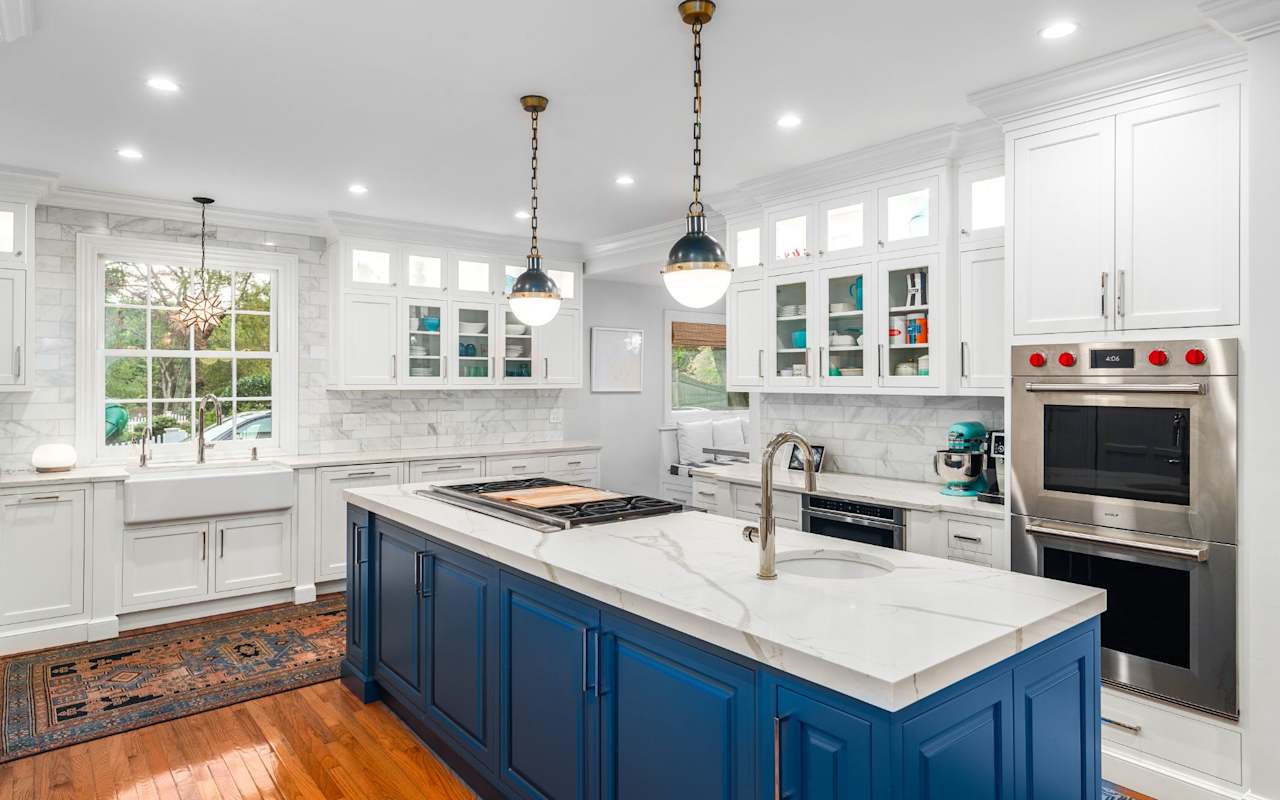
Step 1: Determine Your Budget
Notice I said to determine your budget—not determine how much the mortgage company will lend you. In many cases, a mortgage company will pre-approve you for more than you’re comfortable spending, which is why you need to determine the monthly payment you feel comfortable with before talking to a lender. This likely includes doing a full household budget and taking into consideration what new expenses, other than a mortgage payment, you will become responsible for once you move into your new home. If you’ve lived in an apartment or with roommates, you may overlook new expenses like garbage collection, water, or HOA fees. A mortgage payment calculator can help you come up with a mortgage payment for budgeting purposes. You can find one online. Also, once you determine your monthly budget, the monthly payment can be used to suggest a home price you can afford.
















